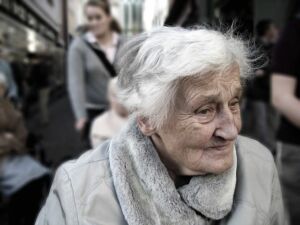News
Physical exercise relieves symptoms of Alzheimer’s
This article is more than 10 years old.
A new Danish study encourages Alzheimer patients to get active for an improved mental and physical wellbeing

According to research, getting sweaty leads to vast improvements in patients’ memory and concentration (Photo: Pixabay)
It is a widely established fact that exercise is good for the body and soul, but now new research has come up with yet another good reason to get active.
According to a new Danish study by the National Dementia Research Centre at Rigshospitalet, physical exercise has the ability to significantly improve the memory and concentration of patients in the early stages of Alzheimer’s.
The training program, which consisted of cardiovascular and strength training three times a week, has been proven a successful process for patients.
“Hard physical exercise has an effect on the psychological well-being. It has a positive effect on physical function and fitness, as well as on the intellectual functions,” explained researcher Steen Hasselbalch to DR.
Social advantages
Experts acknowledge that the social aspect of training in groups may also contribute to increases in the patients’ well-being.
“I think socialising simply creates a symptom of relief in itself,” said Hasselbalch.
Unknown cause of recovery
Although the study proves the positive effect exercise has on relieving the symptoms of Alzheimer’s, researchers are yet to discover how exactly it helps.
“We do not know if it’s because the patient starts to just generally feel better, or whether it’s something actually happening inside the brain,” continued Hasselbalch.
It is estimated that about 90,000 Danes suffer from dementia – out of which approximately 50,000 have Alzheimer’s.










































